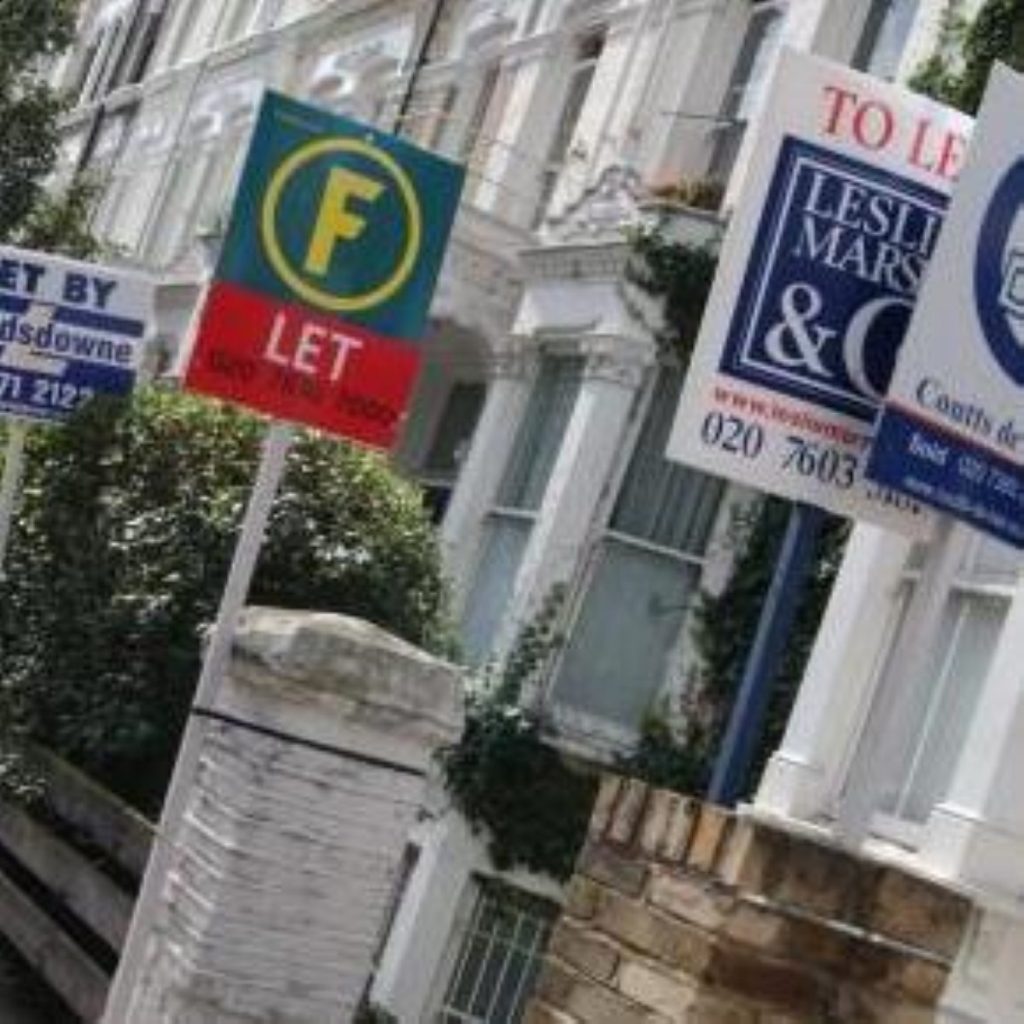If the government won’t deal with the housing crisis, maybe we should
By Samir Jeraj
"In the race to rent?" That's what the advert from Rightmove asked at my local bus stop. It made me angry – housing is a right, not a race. But in the last two decades, instead of building housing for people, we've built a housing crisis. One which renters are at the sharp end of.
There are now 11 million renters in the UK. Since 2011 more of us pay rent to a private landlord than to a council or housing association combined. In London, more people rent than have a mortgage.
This is despite the fact that private rented housing is more expensive, less secure, and in worse condition than social housing. So how did we get here and what can we do about it?


Those are the questions answered by The Rent Trap, written by myself and Rosie Walker. We look at the everyday misery of renters who cannot hope to live in a place they can call a home. Talking to renters, politicians, and campaigners, and even to landlords, reveals different parts of the rent trap.
High rents mean many people cannot save to get a mortgage. Government data shows two-thirds of renters have less than £1,500 in savings and those who rent and have children have, on average, just £63 a month to save. Each time a renter moves, they have to pay largely unregulated fees (except in Scotland where fees are illegal), moving costs, a deposit, and often rent up front if they are judged to be a 'risky' tenant. Anyone who receives benefits, is in insecure work, or is low paid, will struggle just to rent, let alone escape the rent trap.

The picture is no better for renters trying to get into social housing. The legacy of Thatcherite and New Labour policy is a social housing sector that is smaller than it has been for decades, and shrinking further thanks to lack of investment and a new round of Right to Buy. Councils in London, who twenty years ago would have been able to rehouse a homeless family in council housing, are now having to make deals with private landlords and lettings agents in Birmingham to find them somewhere to live. The supply of social housing is gone, and private landlords can get more money in the market than they can through housing benefit.
But some people are taking action. Like the group of renters in Edinburgh, who came together to take on a local landlord. He threatened several of his tenants after they
raised a repairs issue with him. The long legal case that followed saw him convicted and fined. The local council were also able to use legal powers only available in Scotland to ban him from renting out homes in the future (something we could easily adopt in the rest of the UK).
Or the students in Sheffield who have set up a housing co-operative that will channel money, which would have gone into private profit, back into affordable and secure housing. Rent control, much maligned and misunderstood, is now back on the public agenda with even centre-right think thank Civitas backing its reintroduction to the UK.
Housing may be broken for many of us, but it doesn't have to be that way. We only need to look to Europe to see how a system with better rights for renters can work. If we come together we can force change and ensure that renting is a decent choice, rather than simply a race to the bottom.
Samir Jeraj is the co-author of The Rent Trap which is published by Pluto Press and is out in March. Follow him on Twitter here.
The opinions in Politics.co.uk's Comment and Analysis section are those of the author and are no reflection of the views of the website or its owners.









